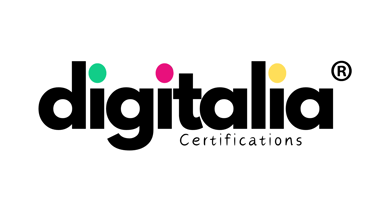Understanding HACCP: Its Significance in Food Safety for Businesses
The framework is designed to minimize the risk of foodborne illnesses by addressing potential hazards early in the food production process. By identifying critical control points (CCPs) where hazards can be limited or eliminated, HACCP helps businesses take proactive measures instead of reacting to safety issues after they have occurred.
11/14/20242 min read


What is HACCP?
HACCP, which stands for Hazard Analysis and Critical Control Points, is a systematic approach to food safety that focuses on identifying and managing potential hazards in the food production process. This preventive system plays a crucial role in ensuring that food products are safe for consumption. Implemented primarily within food manufacturing, processing, and service industries, HACCP principles are essential for maintaining high standards of food safety and protecting public health.
The Importance of HACCP in Food Safety
In the world of food safety, HACCP's importance cannot be overstated. The framework is designed to minimize the risk of foodborne illnesses by addressing potential hazards early in the food production process. By identifying critical control points (CCPs) where hazards can be limited or eliminated, HACCP helps businesses take proactive measures instead of reacting to safety issues after they have occurred.
Implementing HACCP is not only vital for ensuring consumer safety but also beneficial for food businesses. It fosters a culture of safety and responsibility throughout the organization, from management to frontline staff. Moreover, businesses that adhere to HACCP principles can enhance their reputation, build consumer trust, and comply with regulatory requirements, which are increasingly becoming stringent.
Implementing HACCP in Your Business
For businesses looking to integrate HACCP into their operations, it is crucial to follow several key steps. First, conduct a thorough hazard analysis to identify potential biological, chemical, and physical hazards associated with each stage of production. Next, establish critical control points where these hazards may be effectively controlled.
Once CCPs are determined, businesses must set critical limits, develop monitoring procedures, and create corrective actions to be taken when limits are not met. Additionally, documentation and record-keeping are essential to track compliance and ensure that the HACCP plan is maintained. Regular review and updates to the HACCP plan should also be a part of the process to ensure ongoing effectiveness.
In conclusion, understanding HACCP and its implementation is paramount for any food safety business. Its importance goes beyond regulatory compliance; it reflects a commitment to consumer safety and product quality. By embracing HACCP principles, businesses can better safeguard public health and thrive in an increasingly competitive food industry.
Your Learning Essence
Trainings & CERTIFICATIONS
© 2024. All rights reserved.
